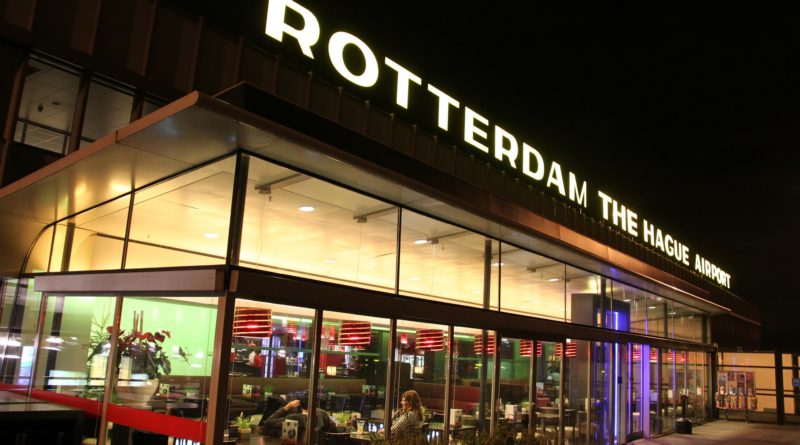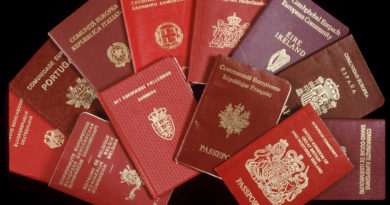90% of Brits in the Netherlands concerned about their future, government guarantees righs
Almost 9 out of 10 Britons living in the Netherlands are “greatly concerned” about the impacts of Brexit on their personal lives, according to a recent survey.
The poll was commissioned by the Dutch Ministry of Foreign Affairs to find out what British in the Netherlands think of the situation and understand their needs. Over 1,400 Britons responded, of the 45,000 who live in the country.
As many as 89% said they are worried about the future. Their main concern (88%) is maintaining the right to live, work or study in the Netherlands after the UK leaves the European Union. The loss of free movement in the rest of the EU is also causing headaches (87%). Other reasons for anxiety are the possible customs formalities due to Brexit (67%), the ability to leave the Netherlands and return at a later date (61%), the Dutch ban on dual nationality (55%) and the future of pensions (50%).
Despite the concerns, however, only one in three respondents said they have started to prepare for Brexit.
The study shows that six out of ten British in the Netherlands have been living in the country for more than five years and the vast majority (81%) want to stay. About half are considering applying for Dutch citizenship. But Holland is one of the EU countries that allow a dual passport only in special circumstances, e.g. for spouses of Dutch citizens or for Dutch who marry a person from another country.
15 months to apply for a new residence permit in case of no deal
As the results of the survey were published, the Dutch government announced measures to allow British nationals to continue their life in the Netherlands.
Dutch Migration Minister Mark Harbers said: “Britons are very welcome to live, work and study in the Netherlands – also after Brexit.”
Based on the government plans, the Immigration and Naturalisation Department (IND) will write to all British residents about their post-Brexit rights.
If the Brexit deal is approved, UK nationals will be invited to apply for their new residence status between 29 March 2019 and 31 December 2020, the Brexit transition period. The cost of the new residence card will be equal to that of an EU document (57 euros for adults and 30 euros for persons under 18 years old). Those who already have a permanent residence card will not need to pay.
In case of no deal, there will be a transition period of 15 months, from 29 March 2019 to 1 July 2020. Before 29 March 2019 the IND will send British residents a letter that will work as a temporary residence document. British nationals and their family members will retain their rights, but will have to apply for a new residence permit during the transition. The IND will send a letter inviting them to apply for this permit and applications will be based on the same conditions applicable to EU citizens.
Dutch Foreign Minister Stef Blok said: “It’s understandable that Brexit is creating great uncertainty for these people. So I keep on stressing that the draft withdrawal agreement offers the best solution for everyone.”
The British parliament will vote on the withdrawal agreement from the EU on January 15. The deal negotiated with Brussels protects most of the rights currently enjoyed by EU nationals in the UK and British residents in EU countries.
Claudia Delpero © all right reserved.
Photo via Pixabay.




